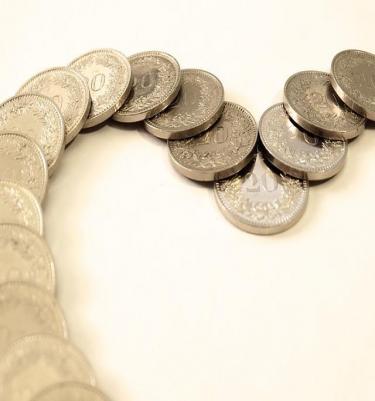 The government of Brazil will discuss the importance of using natural resources from the environment versus unsustainable behaviors such as loss of biodiversity, change in the climate and deforestation. The latter is weighing heavily on society, according to Ed Young, a researcher at UFRJ’s Economic Institute who has found that close to 60% of all of Brazil’s greenhouse gas emissions have emerged from changes in land-use formation and consequent deforestation.
The government of Brazil will discuss the importance of using natural resources from the environment versus unsustainable behaviors such as loss of biodiversity, change in the climate and deforestation. The latter is weighing heavily on society, according to Ed Young, a researcher at UFRJ’s Economic Institute who has found that close to 60% of all of Brazil’s greenhouse gas emissions have emerged from changes in land-use formation and consequent deforestation.
A study is now currently underway to “determine the value of protected areas and of conserved ecosystems and to present economic opportunities associated to preservation, such as tourism potential and natural resources.” It also seeks to identify what will happen if no changes are made and, on the other hand, what benefits would result from biodiversity. It is deemed that the creation of new conservation units is necessary for this new national policy of reaching conservation goals to succeed.
Indeed, already in the last decade since the National Conservation Units System was established, there has been an 80% increase in the country’s conservation units. But given the limited budget, there has not been a reflective increase in the amount of protected areas. Even though Brazil ranks no. 6 in the world of conservation unit investments, this still reaches only half of the maintenance required.
Sorry, comments are closed for this post.